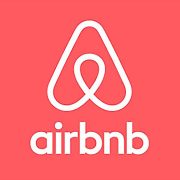
READ HOW OTHERS FELT STAYING WITH US
WE WANDER FOR DISTRACTION,BUT TRAVEL FOR FULFILLMENT









Things happen.
That is why we handle it with
Damage Coverage.
You are in great hands.
Ranked highest for hospitality
for 10 years.
From our families to yours.
We want you to feel safe.
Enjoy life. Things happen. That is why we cover your reservation with $1,500 Damage Coverage. Relax knowing you don't have to sweat the little things.
We are here for whatever you need. Even before you reach the door we have though of every detail. At your service as your personal vacation rental concierge. Book private tours, in home services at the touch of a button. You are in great hands.
From our families to yours, we want you to feel safe. Our 100 point inspection and CDC cleaning standards we have been awarded for our best practices.

+1 (480) 463-4630
Paget@homeslicestays.com
Frontdesk@homeslicestays.com
© 2019-2023 Home Slice Stays